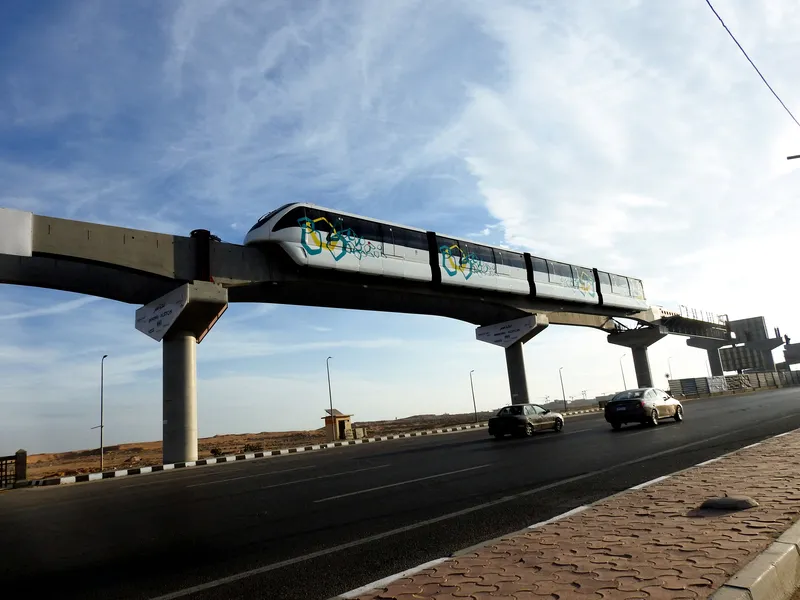Init is providing a central, multi-client capable telematics and ticketing system which handles data exchange with the vehicles and evaluation of passenger information, connection protection and revenue management for individual operators and between operators.
Passengers will benefit from a simplified ticket purchase process and easier validation of an already-purchased electronic ticket on a smart card or as a bar code on the VDV core application (VDV-KA). In the future, current fare products such as annual ticket subscriptions and annual student tickets will be turned into electronic authorisations which are also stored according to the VDV core application standard.
The project is expected to be fully implemented by 2017.
According to INIT chief sales officer Dr Jürgen Greschner, “VPH is taking the lead towards a more customer-friendly ticketing system. We are pleased to be the selected exclusive partner in this context.”
Intelligent ticketing gains momentum in Germany
German local transport association Paderborn/Höxter (VPH) has awarded Init the contract to implement an integrated intermodal transport control system (ITCS) and ticketing system for an urban transport operator in the districts of Paderborn and Höxter. The system is being extended to as many as six more regional transport operators in the final rollout stage of the project.
Init is providing a central, multi-client capable telematics and ticketing system which handles data exchange with the vehicles and
July 22, 2014
Read time: 2 mins
German local transport association Paderborn/Höxter (VPH) has awarded 511 Init the contract to implement an integrated intermodal transport control system (ITCS) and ticketing system for an urban transport operator in the districts of Paderborn and Höxter. The system is being extended to as many as six more regional transport operators in the final rollout stage of the project.










